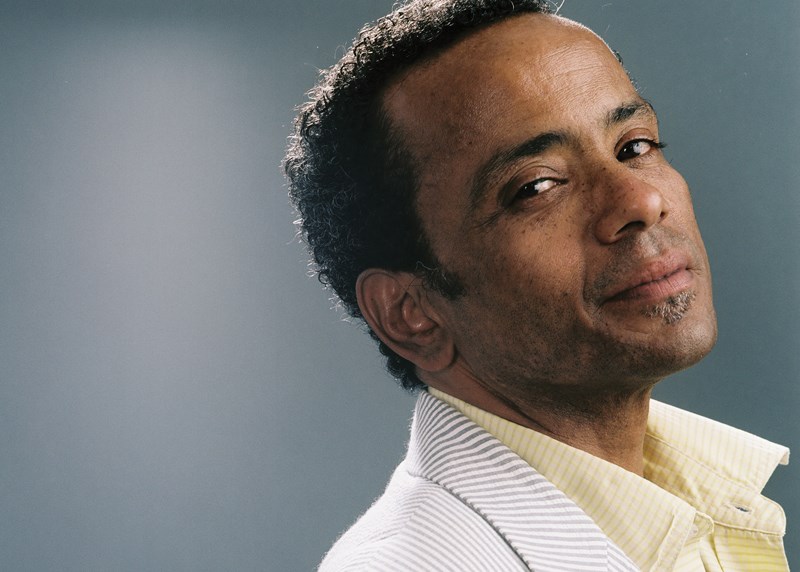John Boutté, BlueShore Financial Centre for the Performing Arts at Capilano University, Friday, June 30, 8 p.m. (coastaljazz.ca).
With John Boutté, the music flows from all directions.
For an upcoming show, the singer can’t say for sure what songs will be performed, but what is for sure is that the inspiration will be flowing from wherever it happens to come from that night.
“We have an idea, we have an idea,” he explains. “They’ll be pop tunes, but I don’t do them exactly like pop.”
There’s also a good chance that the music flowing that night will be tinged with gospel, jazz, blues, R&B, and soul. Or, as Boutté says, “It just depends on the audience and how I’m feeling that night.”
Boutté has been recording music since the early 1990s.
Often referred to as “The voice of New Orleans,” his music and relationship to the city influences everything he does.
He’s a natural-born performer who loves singing for people, his voice a mainstay in the Big Easy where you can hear it echoing out of bars, nightclubs, restaurants and much larger venues as well.
“Once you jump in there, man, the juices start to flow and I can feel the energy. It really makes it happen. It makes you think, what should I play next?” he says.
One of Boutté’s next moves is to perform in North Vancouver as part of North Shore Jazz and the Vancouver International Jazz Festival.
Vancouver is one of the first cities he was invited to play in after the levees broke in New Orleans in 2005 following the passage of Hurricane Katrina.
He’s got a long relationship with the city: “I’ve never had a bad meal in Vancouver, man,” he says with a laugh.
And by the sounds of it, he’s never really heard bad music in New Orleans.
While a John Boutté concert might feature music coming from all manner of genres, in New Orleans, he says, the music literally comes from different directions.
“Music is something that you hear all day, man. On the radio, to school bands from junior high school to high school and college,” he explains. “If you really listened, you could hear three or four bands at schools in four different directions.”
Growing up even if Boutté had wanted to escape the joys of New Orleans jazz, Creole or blues music, it would have been a challenge.
There was a church pretty much in his backyard, the sounds of gospel reaching his Creole-family’s home in the French Quarter.
Mardi Gras, family gatherings and carnivals helped fill in the rest. The young Boutté’s father was a barber who cut the hair of many jazz artists back in the day.
“There was the street music of the brass band that would play at funerals because people die every day. There’s always a band out there playing,” he says.
After convincing his aunt to give him her clarinet at age eight, he never looked back on music.
He’s played with some of music’s most formidable talents. Drummer Brian Blade, John Scofield, Todd Rundgren and the late Allen Toussaint, to name a few.
Though even after all these years, Boutté’s still not sure where he fits into the big picture of New Orleans historic jazz canon.
“I have no idea, man. It’s funny, man, when I look at myself I still see this young boy. I still feel like I’m growing and I’m learning,” he says. “I understand I have a responsibility and I touch a lot of people with my music, but I’m still trying to find my place.”
Most people – fans or other musicians alike – who know Boutté’s music might disagree.
A chance encounter with Stevie Wonder in the mid-1980s before Boutté had decided to officially enter the biz encouraged him to quit his day job at a bank and take his best shot at singing full time.
Wonder encouraged Boutté to take that shot.
“I believed him,” he says. “I’m glad I did.”



